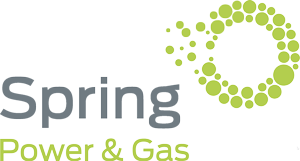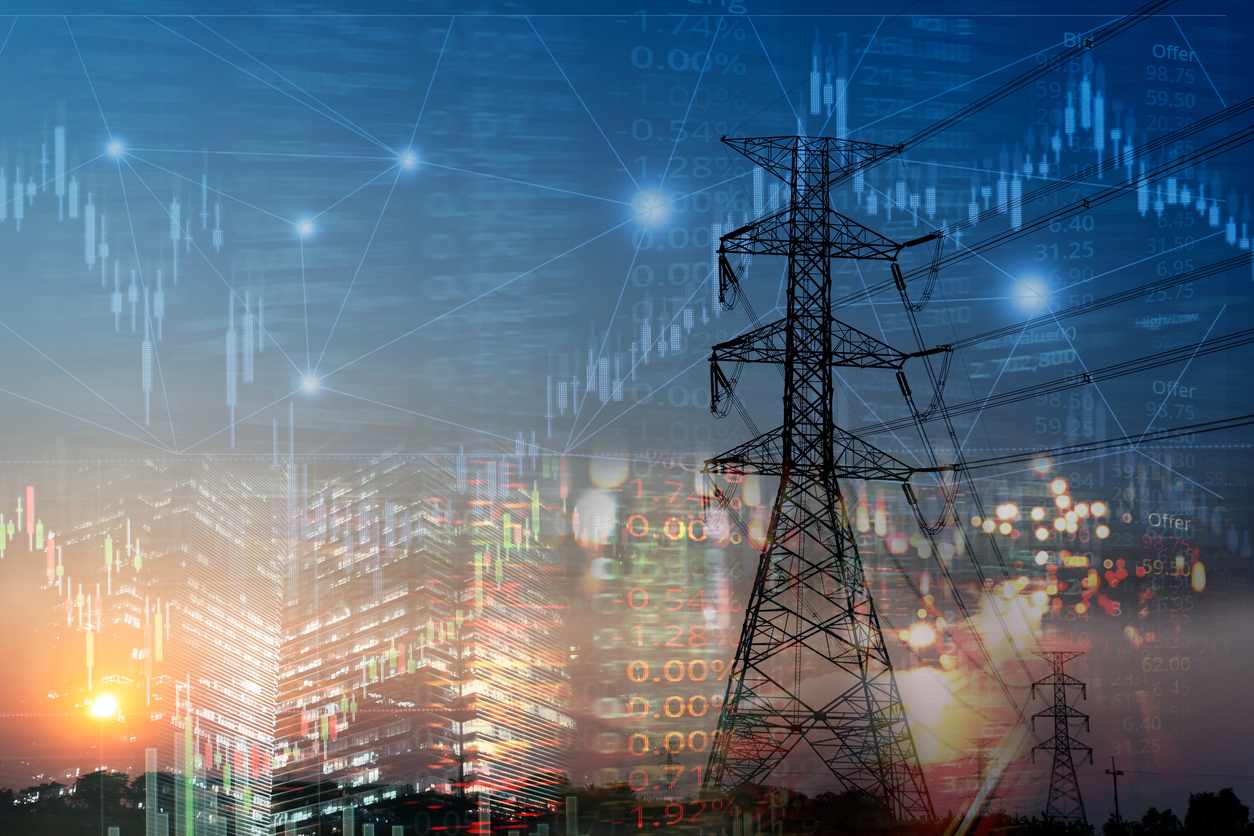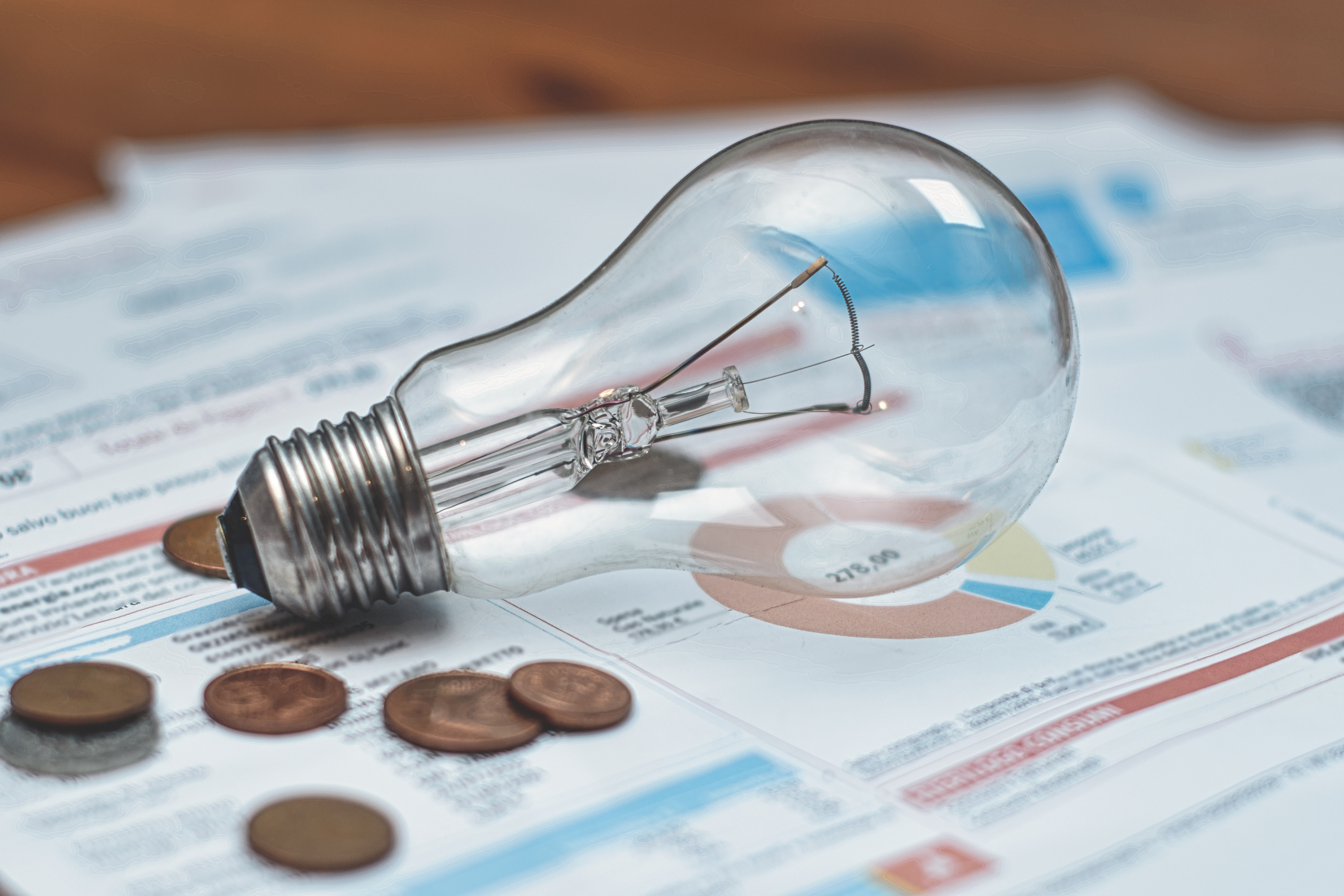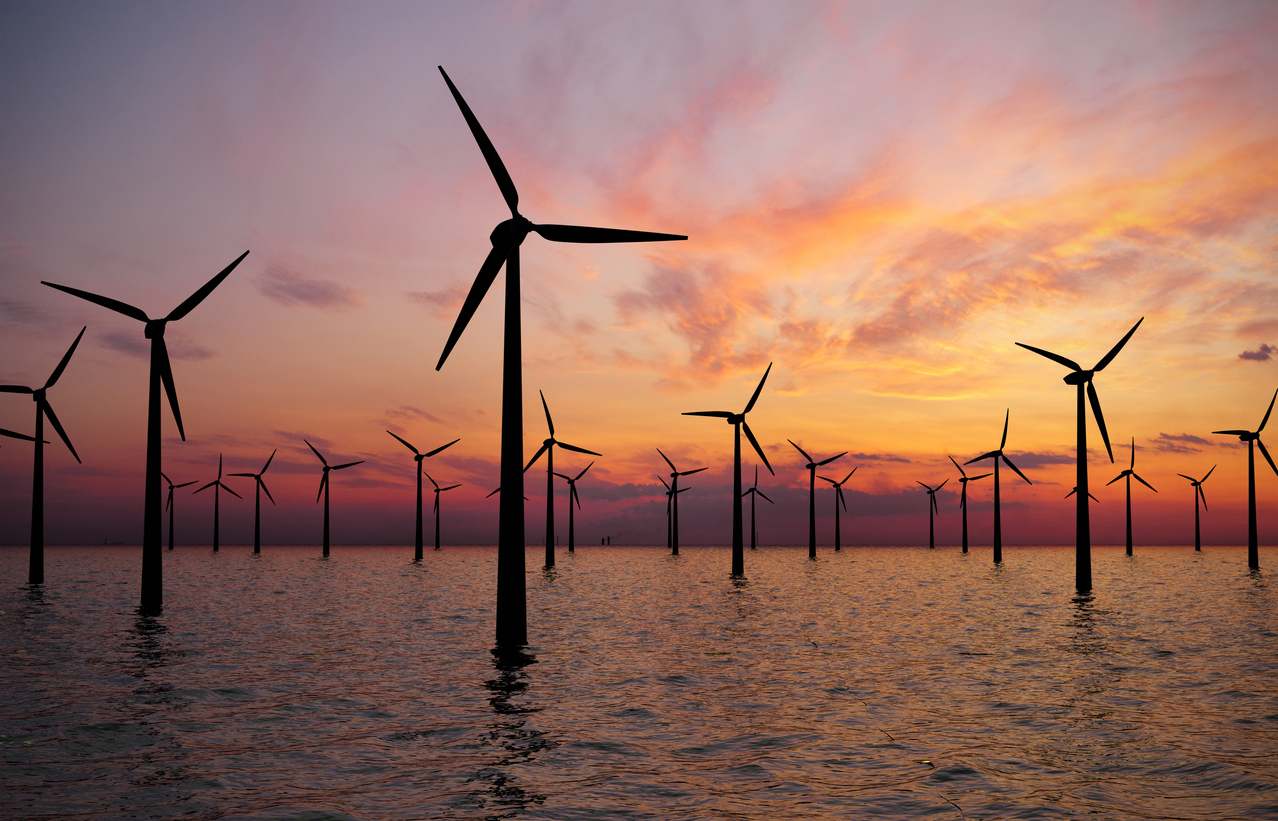Energy Saving Questions and FAQ's
With all the different kinds of energy and new advancements these days, understanding the specifics of energy policies can be kind of confusing. As part of our dedication to customer service, Spring Power & Gas is prepared to answer some of the key frequently asked questions (FAQs) that you may have about energy:
When we talk about renewable energy, we are referring to naturally-replenishing resources such as wind and sunlight, which can be used as energy sources. Because the resources are not finite, we do not have to worry about running out of the power source unlike other energy sources like fossil fuels and natural gas that take much longer to substantially replenish.
In addition, renewable energy sources are noted for being much-less environmentally intensive compared to traditional energy fuels like coal. As a result, renewable energy is becoming an innovative way to promote more sustainable energy use.
Measured in tons of carbon dioxide-equivalent emissions reductions (CO2e), carbon offset accounts for how much we have reduced the potential level of greenhouse gases, either by avoiding circumstances that emit those gases, sequestering them, or eliminating them entirely. For instance, credit values are given to projects that protect forests or grow new trees because the process of photosynthesis helps to prevent the accumulation of carbon in the atmosphere.
The term REC stands for “Renewable Energy Certificates,” which are the cornerstone for tracking the use and generation of renewable energy. Each REC represents 1 Megawatt-hour worth of renewable energy as well as the gains for the environment.
These certificates are used to quantify and measure consumption/delivery-based state Renewable Portfolio Standards (RPS).
* Please note that each state has separate RPS requirements, and Spring Power & Gas’ general definition of a REC is not state-specific and we aim to go above and beyond the state law requirements for RECs.
Not exactly. Carbon offsets can be applied to all potential sources of greenhouse gas emissions besides simply energy use; for instance, the methane from cows is a significant contributor to greenhouse gases. Furthermore, the offsets are essentially compensating for emissions that have already been made.
The REC, in contrast, focuses solely on the environmental benefits of renewable electricity, which produces very few greenhouse gases in comparison to alternatives. This makes RECs rather different in process and effect compared to carbon offsets.
The CIKEL Project is the pioneering power behind Zero Energy. By preventing deforestation, the CIKEL Project avoids and reduces CO2 emissions by 9.4 million tons over the next 10 years. In fact, the CIKEL Project was the very first Reducing Emissions from Deforestation and Forest Degradation (REDD) project in the Amazon that was within the verified carbon standard framework.






